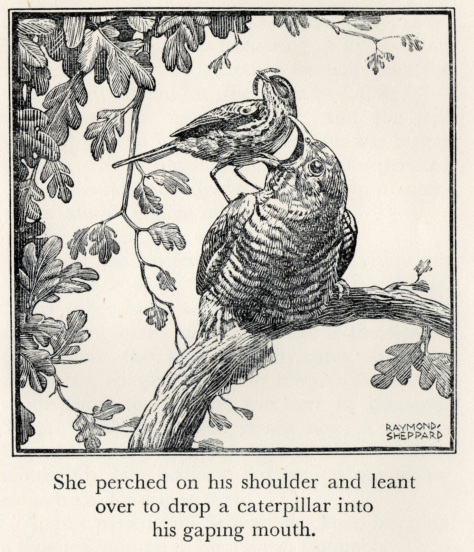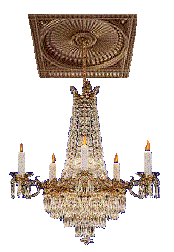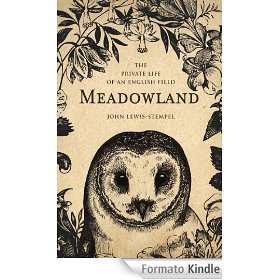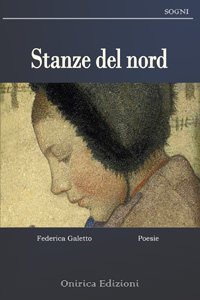
Sweet is the lore which
Our meddling intellect
Mis-shapes the beauteous
forms of things
We murder to dissect.
Dolce è la tradizione che
la Natura porta;
L’intrusione del nostro intelletto
Deforma le bellissime
fogge delle cose
Che noi uccidiamo nel dissezionarle
William Wordsworth
§
The ice moon is already rising over
Merlin’s Hill as I go down to the field at late evening to watch for
snipe. There is real cold in the back edge of the wind, which rattles
the dead tin-foil leaves left clinging on the river oaks. As I open the
gate, my heart performs its usual little leap at the magnificence of the
view: the great flatness of the field, its picture-frame od
hedgerows,the sloping smoothness of Merlin’s Hill to the left, then
right around me the forbidding dam wall of the Black Mountains. There is
snow along the top of the mountains, snow as smooth as wedding cake.
Stepping into the field is to step on to a vast square stage in wich I
am the last person on earth. There is not a house or person or car to be
seen. It is the sort of field where, as you step in, you breathe out.
The snipe like the wet corner of the meadow, where the old ditch is
broken, leaking out its contents, and where sharp sprigs of sedge have
taken hegemony. The snipe have come in here late for the two nights
past, where the ground is amiable to their dagger beaks and the sedge
offers shelter. Frost already spectres the grass on the field. A small
flock of brown meadow pipits rise up in front of me, as though
hesitantly climbing invisible stairs, chattering as they go. The
nondescript meadow pipit is gregarious in winter, and is a true bird of
grassland. The bird’s Latin name is Anthus pratensis; pratensis is Latin
for “of a meadow”.
§
La luna di ghiaccio sta già alzandosi su
Merlin’s Hill mentre scendo al campo in tarda serata per osservare il
beccaccino. Fa davvero freddo nel risvolto del vento contrario, che
scuote rumorosamente le foglie morte argentate lasciate a ciondolare
sulle querce lungo il fiume. Mentre apro il cancello, il mio cuore ha
come al solito un piccolo sussulto alla vista della magnificenza del
panorama: la vasta piattezza del campo, la sua cornice di siepi, il
dolce declivio di Merlin’s Hill sulla sinistra, poi tutto intorno a me
la minacciosa barriera delle Black Mountains. C’è la neve sulle cime
delle montagne, neve morbida come una torta nuziale. Camminare nel campo
significa inoltrarsi in un vasto palco quadrato nel quale io sono
l’ultima persona sulla terra. Non si vede una casa o una persona o
un’auto. E’ il genere di campo in cui, mentre cammini, ti manca il
fiato. Al beccaccino piace l’angolo umido del campo, dove il vecchio
canale si interrompe, facendo fuoriuscire il suo contenuto, e dove
affilati ramoscelli di falasco la fanno da padroni. Qui,il beccaccino si
è fatto vedere tardi nelle ultime due notti passate, dove il terreno è
favorevole al suo becco tagliente e il falasco offre riparo. Il gelo già
rende spettrale l’erba del campo. Un piccolo stormo di pispole brune si
alza in volo davanti a me, come se esitando scalasse scale invisibili,
cinguettando nel mentre. La pispola comune di campo è gregaria in
inverno, ed è un vero uccello di prato. Il nome Latino di questo uccello
è Anthus pratensis; pratensis in Latino significa “pratense, di prato”.
Traduzione di Federica Galetto
Brano tratto da: “Meadowland: the private life of an English field”, John Lewis – Stempel
Acquistabile qui: http://www.amazon.it/Meadowland-private-life-English-field-ebook/dp/B00HS2NMKS/ref=sr_1_1?s=digital-text&ie=UTF8&qid=1420795638&sr=1-1&keywords=meadowland









































Nessun commento:
Posta un commento